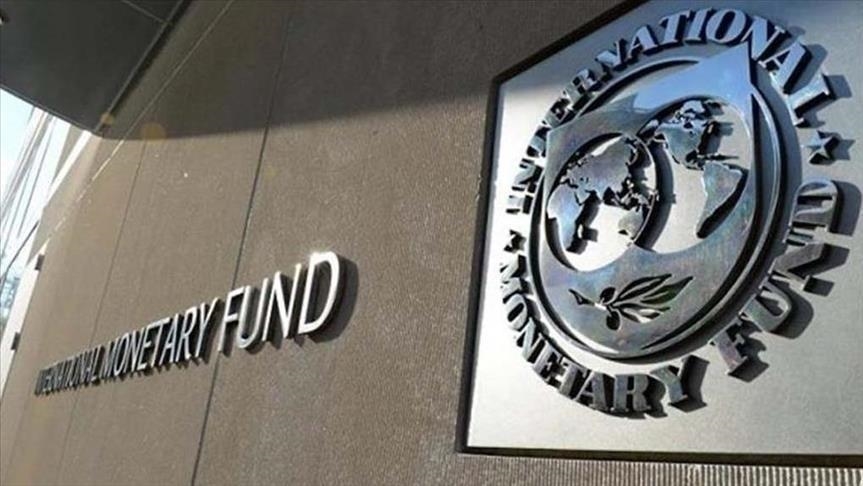KARACHI, Pakistan
A cash-strapped Pakistan and the International Monetary Fund (IMF) have agreed on a number of actions, including the imposition of more taxes and an increase in petroleum and power tariffs, to stave off an economic crisis.
The understanding was reached after 10-day-long marathon talks between Pakistan’s finance team led by Finance Minister Ishaq Dar and an IMF delegation headed by its mission chief for Pakistan, Nathan Porter, that culminated Thursday in the capital Islamabad.
It sought an urgent release of $1.2 billion to prop up the country’s fast-depleting foreign reserves.
The two sides, according to multiple local media outlets, could not reach a staff-level agreement, which seeks formal approval by the fund’s executive board.
Finance Secretary Hamid Yaqoob Sheikh further said that the two sides will “soon” reach the agreement.
Confirming the development, he told reporters that the IMF has sought “some time” for the agreement.
“A few” issues between the two sides still need to be settled, he added.
– IMF demands
The understanding follows Prime Minister Shehbaz Sharif’s announcement last month that Islamabad was ready to accept “all IMF demands” to win the long-stalled tranche of a $6 billion bailout package.
Other key IMF conditions include the adoption of a market-determined exchange rate without any government interference, structural reforms to contain a rising current account deficit, government expenditure cuts, tax collection and energy sector reforms.
The latest development comes on the heels of a sharp dip in the country’s foreign exchange reserves, which have fallen to a nine-year low of $8.5 billion, compelling the government to resume talks with the IMF for the release of the stalled loan, which would also unlock inflows from friendly countries.
Out of the total foreign reserves, less than $3 billion are possessed by the State Bank of Pakistan.
In 2019, the IMF and Pakistan agreed to a $6 billion bailout, which was later topped up by an additional $1 billion. Pakistan has received $4 billion so far, with the remaining sum not yet paid due to Islamabad’s apparent failure to meet the IMF’s terms and conditions.
Depreciating foreign reserves and a staggering $60 billion import bill has already brought the Pakistani rupee to an all-time low against the greenback.
Economists, however, reckon that the latest understanding would reduce the burden on the rupee to some extent.

